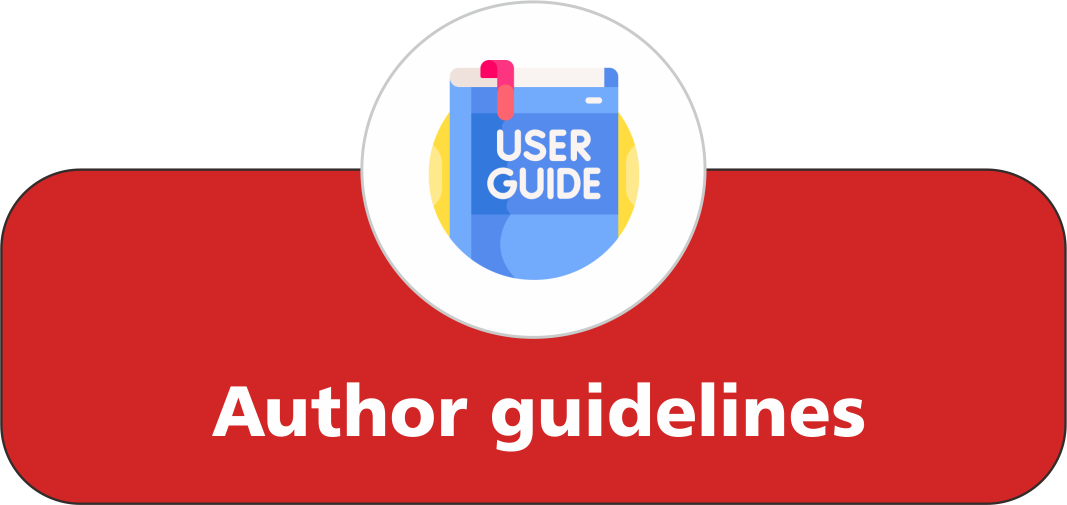Lived Experiences of Bachelor of Physical Education Students on Burnout: A Phenomenological Inquiry
 ), Dave Cris A. Gallo(2), Xyra Mae L. Gomez(3), Jaymar V. Saldua(4), Emy A. Morbo(5),
), Dave Cris A. Gallo(2), Xyra Mae L. Gomez(3), Jaymar V. Saldua(4), Emy A. Morbo(5),
(1) Sultan Kudarat State University
(2) Sultan Kudarat State University
(3) Sultan Kudarat State University
(4) Sultan Kudarat State University
(5) Sultan Kudarat State University
 Corresponding Author
Corresponding Author
Abstract
This phenomenological study explored the lived experiences of Bachelor of Physical Education (BPED) students facing burnout. Burnout, characterized by emotional exhaustion, reduced motivation, and inefficiency, is increasingly observed among students due to academic and personal pressures. The study aimed to understand how burnout manifests in BPED students and how they cope with it. Using a qualitative design, ten purposively selected students participated in in-depth interviews. Colaizzi’s method was applied to analyze the data, revealing seven key themes: overloaded activities, financial problems, coping mechanisms, time management, rest, support systems, and motivation. Students reported stress from academic demands, lack of financial support, and difficulty maintaining balance. However, strong social support, motivation, and rest were found to mitigate burnout. These insights emphasize the need for educational institutions to implement wellness programs, financial aid, and support systems. The study contributes to student mental health research by offering targeted strategies to address burnout in higher education.
Keywords
References
Bataineh, M. Z. (2013). Academic stress among undergraduate students: the case of education faculty at King Saud University. International Interdisciplinary Journal of Education, 2(1), 1-7.
Becerra, M. B., Gumasana, R. J., Mitchell, J. A., Truong, J. B., and Becerra, B. J. (2022). COVID-19 pandemic-related sleep and mental health disparities among students at a hispanic and minority-serving institution. International Journal of Environmental Research and Public Health, 19(11), 6900.
Chen, C., Nakamura, Y., Beppu, S., and Ueno, M. (2020). Effects of physical activity intervention chen performance in college students. Journal of Physical Therapy Science, 32(2), 130–135.
Galbraith and Merrill, (2015) Academic performance and burnout: An efficient frontier analysis of resource use efficiency among employed university students. Journal of Further and Higher Education, 39(2), 255-277
Glozah, F. N. (2013). “Effects of academic stress and perceived social support on the psychological well-being of adolescents in Ghana”. Open Journal of Medical Psychology, 2, 143-150.
Hirose, M., and Creswell, J. W. (2023). Applying core quality criteria of mixed methods research to an empirical study. Journal of Mixed Methods Research, 17(1), 12-28.
Hunderfund, A. N. L., West, C. P., Rackley, S. J., Dozois, E. J., Moeschler, S. M., Stelling, B. E. V., and Dyrbye, L. N. (2022). Social support, social isolation, and burnout: cross-sectional study of US residents exploring associations with individual, interpersonal, program, and work-related factors. Academic Medicine, 97(8), 1184-1194.
Johnson, R. P., and Williams, S. K. (2021). Time management and its effects on students' academic success: A focus on stress and self-efficacy. Educational Research Review, 34(2), 123-136.
Jones, A., and Lee, B. (2018). The impact of family support on students' academic performance and psychological well-being. Journal of Educational Psychology, 110(3), 485-498.
JonesWilliams, A., and Johnson, L. (2020). Interventions for managing burnout among students: The impact of sleep hygiene and self-care. Journal of Mental Health Education, 15(2), 112-125.
Legrand, N., Nikolova, N., Correa, C., Brændholt, M., Stuckert, A., Kildahl, N., and Allen, M. (2022). The heart rate discrimination task: A psychophysical method to estimate the accuracy and precision of interoceptive beliefs. Biological Psychology, 168, 108239.
Lin and Huang, 2014). "Academic Stressors and Academic Burnout among University Students: The Moderating Effects of Social Support. Journal of Active Learning in Higher Education 15(1):77-90
Madigan, D. J., and Curran, T. (2021). Does Burnout Affect Academic Achievement? A Meta-Analysis of Over 100,000 Students. Educational Psychology Review, 33(2), 387-405.
Portoghese, I., (2018). Measuring burnout among university students: Factorial validity, invariance, and latent profiles of the Italian version of the Maslach Burnout Inventory Student Survey (MBI-SS). Frontiers in Psychology, 9, 2105.
Romano, A., Spadaro, G., Balliet, D., Joireman, J., Van Lissa, C., Jin, S., and Leander, N. P. (2021). Cooperation and trust across societies during the COVID-19 pandemic. Journal of Cross-Cultural Psychology, 52(7), 622-642.
Smith, J. A., and Taylor, L. M. (2019). The impact of time management on students' stress, self-efficacy, and academic performance. Journal of Educational Psychology, 111(4), 545-558.
Smith, J., and Thompson, R. (2021). Coping mechanisms and burnout in academic settings: The role of resilience and anxiety management. Journal of Educational Psychology, 113(4), 589-603.
Article Metrics
Abstract View : 1659 times
: 1659 times Download : 741 times
Download : 741 times
Refbacks
- There are currently no refbacks.
Copyright (c) 2025 Bumi Publikasi Nusantara

This work is licensed under a Creative Commons Attribution-ShareAlike 4.0 International License.



_publication_ethics.png)



